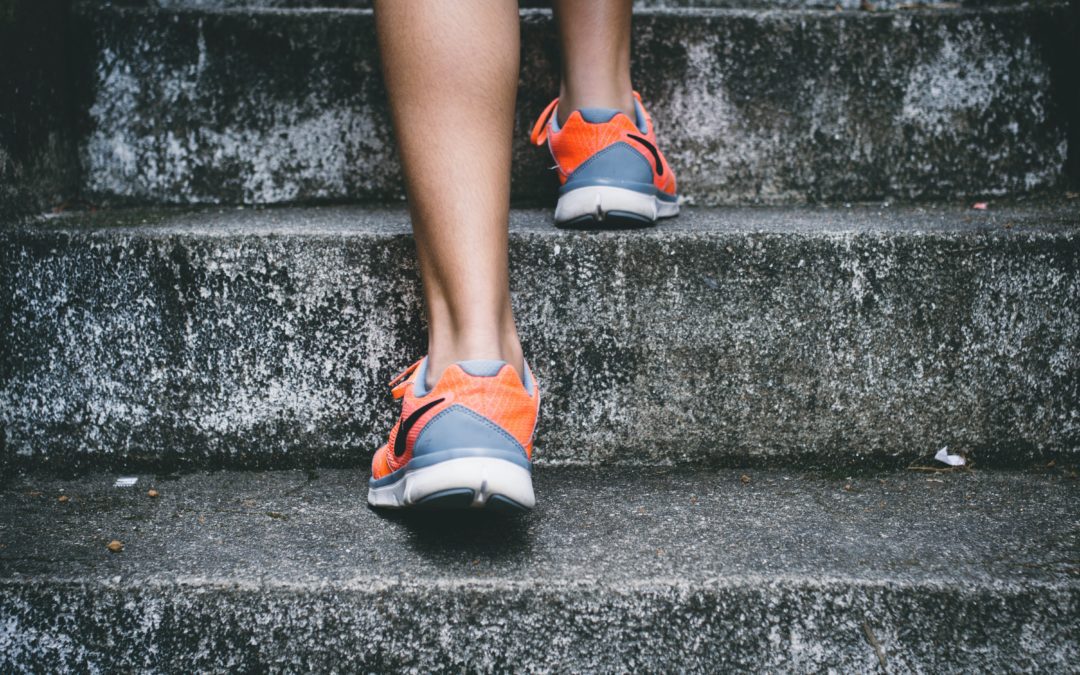Author: Niki Castle
At the height of her aerobic popularity in the 1980’s, Jane Fonda was known for her “no pain, no gain” mentality. This catchphrase transcended pop and sports culture, engulfing locker rooms and transforming athletes everywhere to believe that there must be some sort of pain or suffering to experience success. Growing up during this time, like so many others, I bought into this mindset. I had to be tough. Walk it off. Throw a little dirt on it. Don’t cry. All the sayings that athletes were told to help them push through the pain.
As I progressed through my athletic career, no pain, no gain became a way of life. I played with broken fingers, broken toes, sprained ankles, dislocated shoulders, and even concussions. There was no protocol at the time, so if I said I was ok, then I was back on the court. Through time I was learning to ignore my inner voice that was telling me something wasn’t right. This approach to sports paved the way to a full ride to play PAC 12 basketball. I was known for being resilient, even once praised for playing while being noticeably sick with the flu.
At the same time, while I was transitioning to college, I began to experience a new pain. Something inside me felt “off”. I was able to stay up for days without sleep. I began to have racing thoughts and would see flashing lights when I would close my eyes at night. Because I approached life the same way I did sports, I figured, no pain, no gain. I would be ok if I just ignored it and kept going. I told myself I was fine. Within a couple of months my body started to fail me. I was not fine. My freshman year I experienced a collapsed lung, shingles, and a hip fracture and dislocation. All because I ignored what was going on in my brain. The stress that was placed on my body from what I later learned was mania was causing it to break down. We didn’t have a mental health specialist for our athletic department. We had a general practitioner. I couldn’t explain what was wrong with me. I couldn’t point to where the discomfort was coming from. After a five-minute consultation he prescribed just as many pain killers as antidepressants, saying, “This should make you feel better.” So, I took the pain killers and tossed the antidepressants in the trash.
The pain killers did make me feel better. Suddenly, when the depression hit, I could pop a couple of pills and was able to get out of bed. They helped me play through the pain, both mental and physical. By my senior year I was taking them every day. I had no problem getting refills from the team doctor. As long as I could get out on the court and play. No pain, no gain, right?
For the next 15 years I would continue to abuse pain killers. I would tell myself I needed them for an old injury. At the time, I didn’t see that I depended on them for something other than physical pain. I was suffering from undiagnosed bipolar disorder, and I had trained myself to not listen to my internal voice saying there was something wrong. Rather than asking for help I did everything possible to stay in the game, even if it was to my own detriment. I put my head down and tried to will myself through life until I almost ended it.
It has been almost ten years and the only pills I take now are my medication for bipolar disorder. I still consider myself tough or resilient, but I also listen to my body and pay attention to the subtle signs. I still believe that athletes must be strong and willing to put their body on the line every time they go out to compete. What they don’t have to do is ignore that internal voice that tells them something is wrong. I am a mother now and my son is starting to play sports. I hope to pass on some of the same mental toughness that pushed me in my career, but I still cringe every time I hear someone tell a young athlete to “walk it off, no pain, no gain”.
The content of the International Bipolar Foundation blogs is for informational purposes only. The content is not intended to be a substitute for professional medical advice, diagnosis, or treatment. Always seek the advice of your physician and never disregard professional medical advice because of something you have read in any IBPF content.


